Indoor plants are more than just beautiful decorations for your home or office. They offer a range of health benefits supported by scientific research. From improving air quality to boosting mental well-being, indoor plants can make a significant difference in your life. This article explores the various ways indoor plants improve health and the science behind these benefits.
1. Improved Air Quality

How Plants Purify the Air
Indoor air pollution is a significant concern, with various toxins present in the air from household products, furniture, and electronics. Indoor plants can help purify the air through a process known as phytoremediation.
- Photosynthesis: During photosynthesis, plants absorb carbon dioxide (CO2) and release oxygen (O2). This process helps increase oxygen levels indoors.
- Absorption of Pollutants: Plants can absorb harmful pollutants such as benzene, formaldehyde, and trichloroethylene through their leaves and roots. Studies, including those conducted by NASA, have shown that certain plants are particularly effective at removing these toxins from the air.
Key Studies
- NASA Clean Air Study: Conducted in 1989, this study identified several houseplants that effectively remove harmful chemicals from the air. Plants such as the spider plant, snake plant, and peace lily were among the top performers.
- Wolverton Study: Environmental scientist Dr. B.C. Wolverton's research further supported the idea that indoor plants can significantly improve air quality by removing volatile organic compounds (VOCs) from indoor environments.
2. Reduced Stress and Anxiety

Psychological Benefits
The presence of indoor plants has been shown to have a calming effect on the human mind, reducing stress and anxiety levels.
- Biophilia Hypothesis: This theory suggests that humans have an innate connection to nature and natural elements. The presence of plants can evoke feelings of comfort and relaxation, reducing psychological stress.
- Attention Restoration Theory: This theory posits that natural environments can help restore directed attention, which can be mentally exhausting. Plants can provide a restorative experience, improving focus and reducing mental fatigue.
Key Studies
- University of Exeter Study: Research conducted by the University of Exeter found that the introduction of plants in office environments led to a 15% increase in productivity and a significant reduction in stress levels among employees.
- Journal of Physiological Anthropology: A study published in this journal found that interacting with indoor plants can reduce physiological and psychological stress by suppressing the autonomic nervous system and lowering blood pressure.
Also Read- Best Locations For Snake Plants In Your Home
3. Enhanced Mood and Well-Being

Mood Enhancement
Indoor plants can boost mood and overall well-being, making spaces feel more lively and welcoming.
- Horticultural Therapy: Engaging in plant care activities can improve mood and cognitive function. This therapeutic approach uses gardening to enhance mental health and well-being.
- Natural Aesthetics: The visual appeal of plants can make indoor spaces more pleasant and inviting, contributing to a positive atmosphere.
Key Studies
- Kansas State University Study: This study found that hospital patients with plants in their rooms required less pain medication, experienced lower heart rates and blood pressure, and reported less fatigue and anxiety compared to those without plants.
- Texas A&M University Study: Research showed that plants in the workplace can improve mood and increase job satisfaction, leading to a happier and more productive work environment.
Also Read- How To Choose The Right Indoor Plant For Every Room
4. Improved Cognitive Function

Cognitive Benefits
Indoor plants can enhance cognitive function and improve concentration, memory, and creativity.
- Enhanced Focus: Plants can help reduce mental fatigue and improve attention span, making it easier to focus on tasks.
- Stimulated Creativity: The presence of plants has been linked to increased creativity and problem-solving skills.
Key Studies
- Journal of Environmental Psychology: A study published in this journal found that participants performed better on tasks requiring concentration and memory recall when they were in a room with plants.
- Royal College of Agriculture Study: This study found that students demonstrated 70% greater attentiveness when taught in classrooms with plants, highlighting the cognitive benefits of a green environment.
5. Better Indoor Humidity Levels

Humidity Regulation
Indoor plants can help regulate humidity levels, making indoor environments more comfortable.
- Transpiration: Plants release moisture into the air through a process called transpiration. This can increase humidity levels, which is particularly beneficial in dry indoor environments.
- Optimal Humidity: Maintaining optimal humidity levels (30-60%) can prevent dry skin, reduce the risk of respiratory infections, and improve overall comfort.
Also Read- The Science Behind Why Indoor Plants Make You Happier
Key Studies
- Agricultural University of Norway Study: This study found that plants can increase indoor humidity levels by up to 10%, which can help alleviate respiratory problems and improve skin health.
Conclusion
Indoor plants offer a multitude of health benefits, from purifying the air and reducing stress to enhancing mood and cognitive function. The scientific research supporting these benefits highlights the importance of incorporating plants into indoor environments.
Whether at home, in the office, or in public spaces, indoor plants can significantly improve our health and well-being, making them a valuable addition to any setting. So, the next time you consider adding a touch of greenery to your space, remember the substantial health benefits that come along with it.


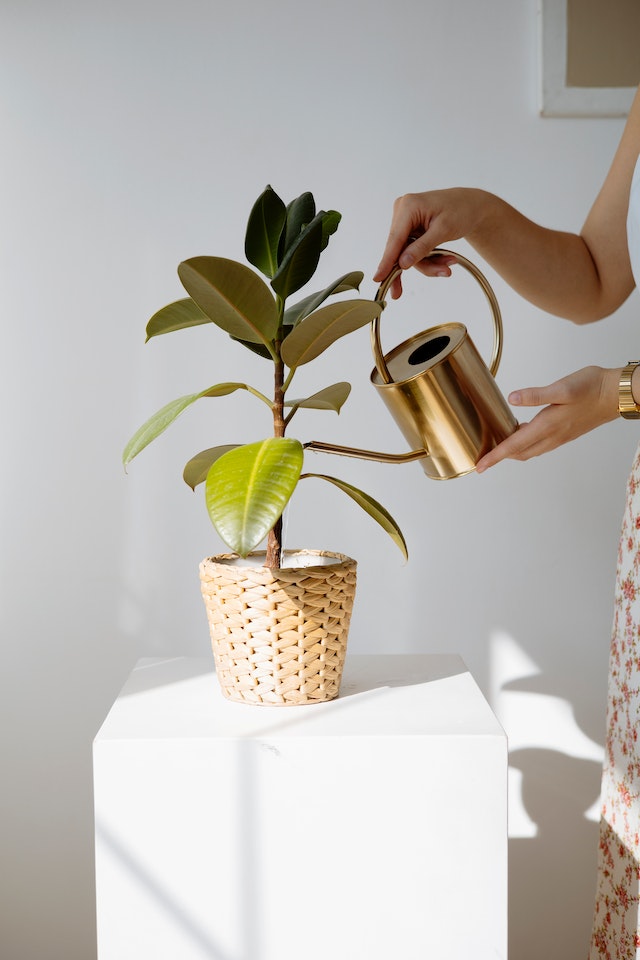



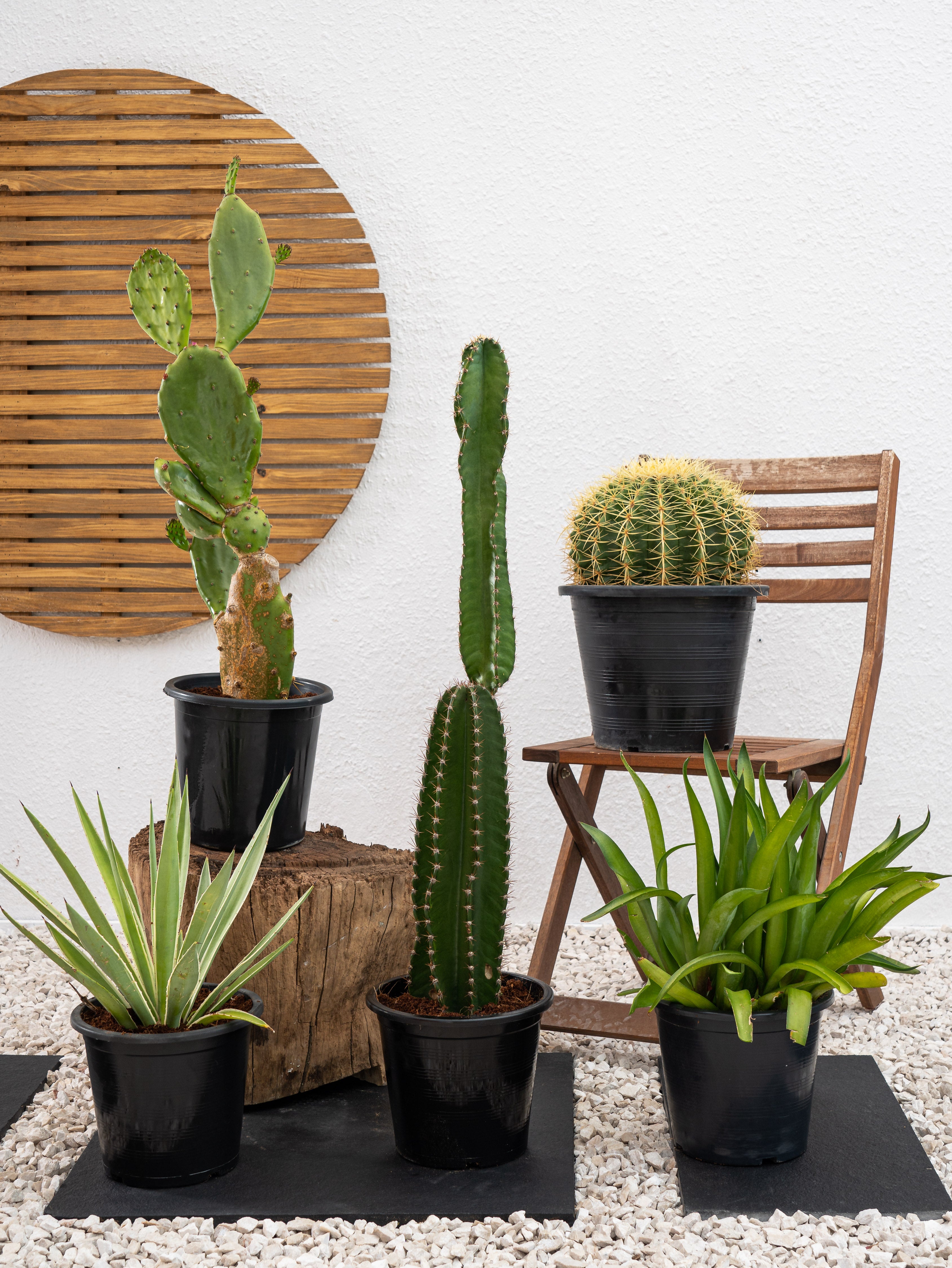
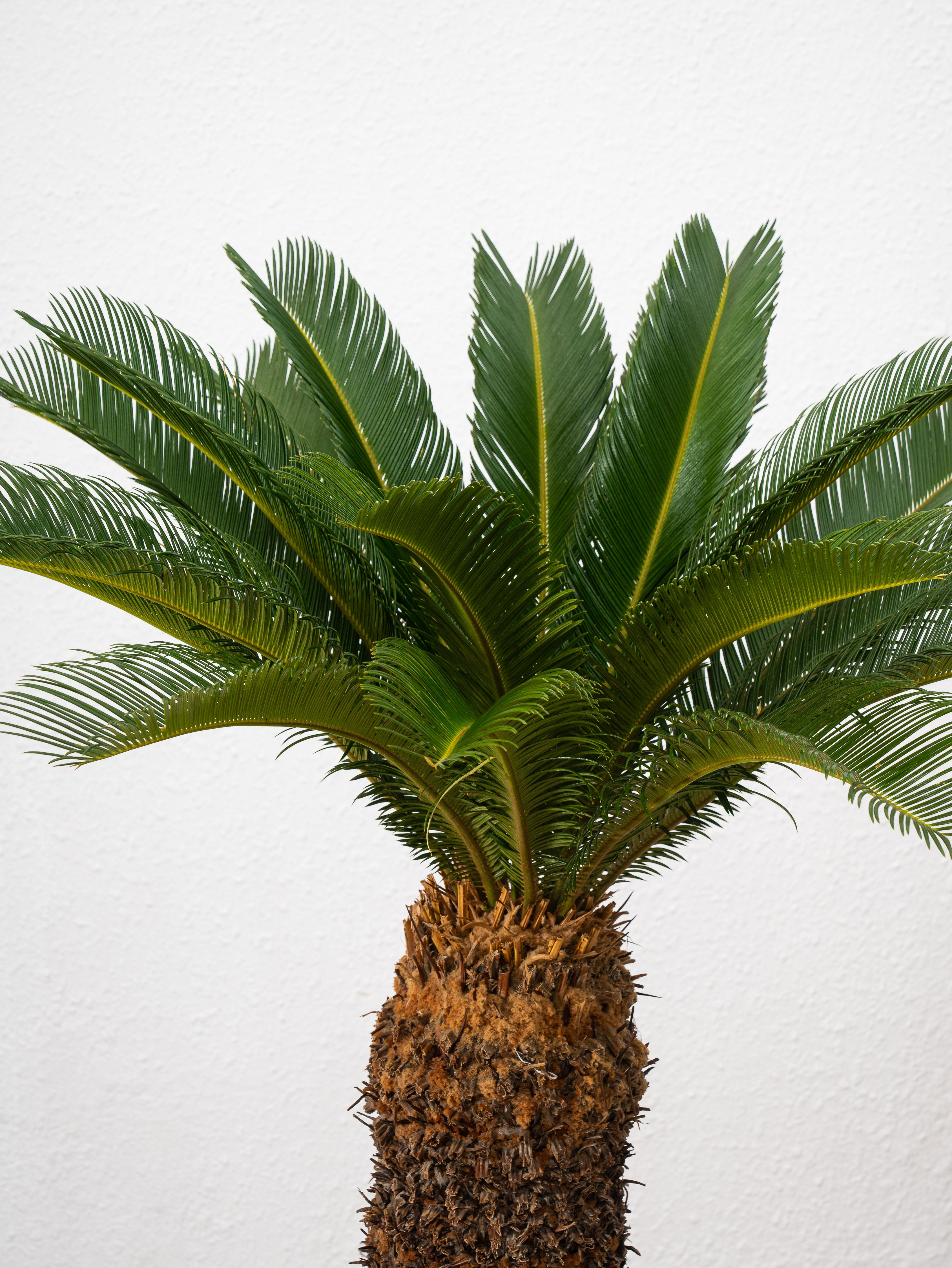

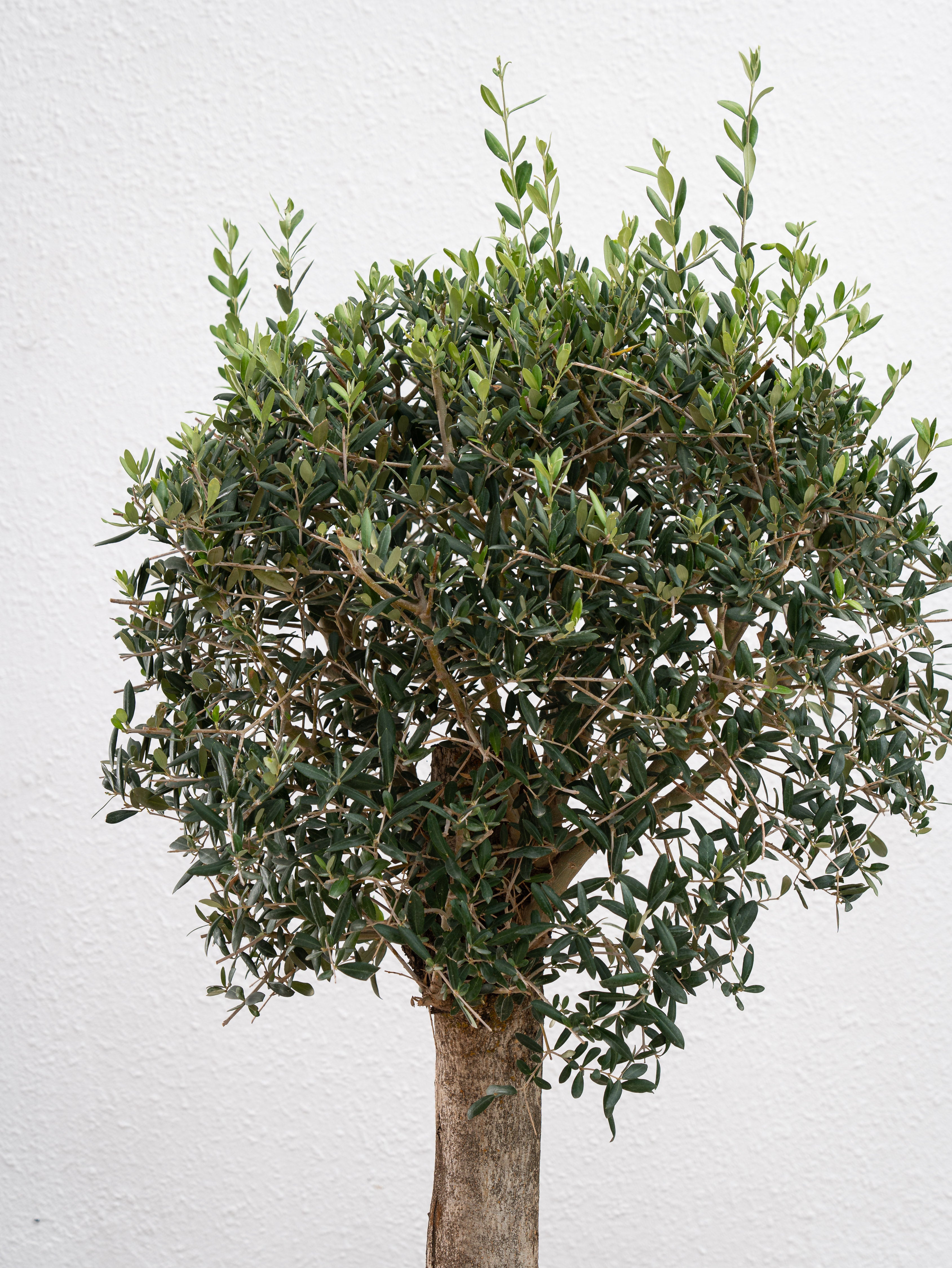
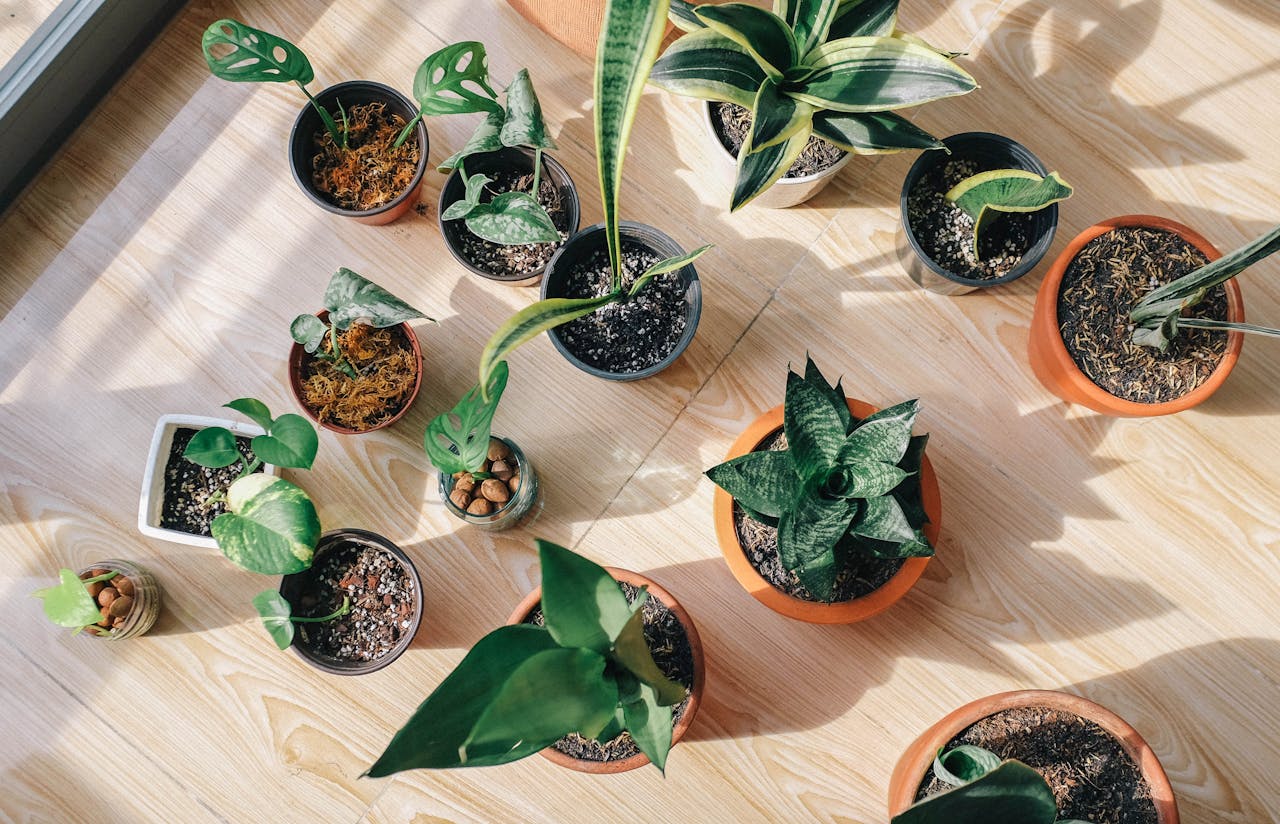
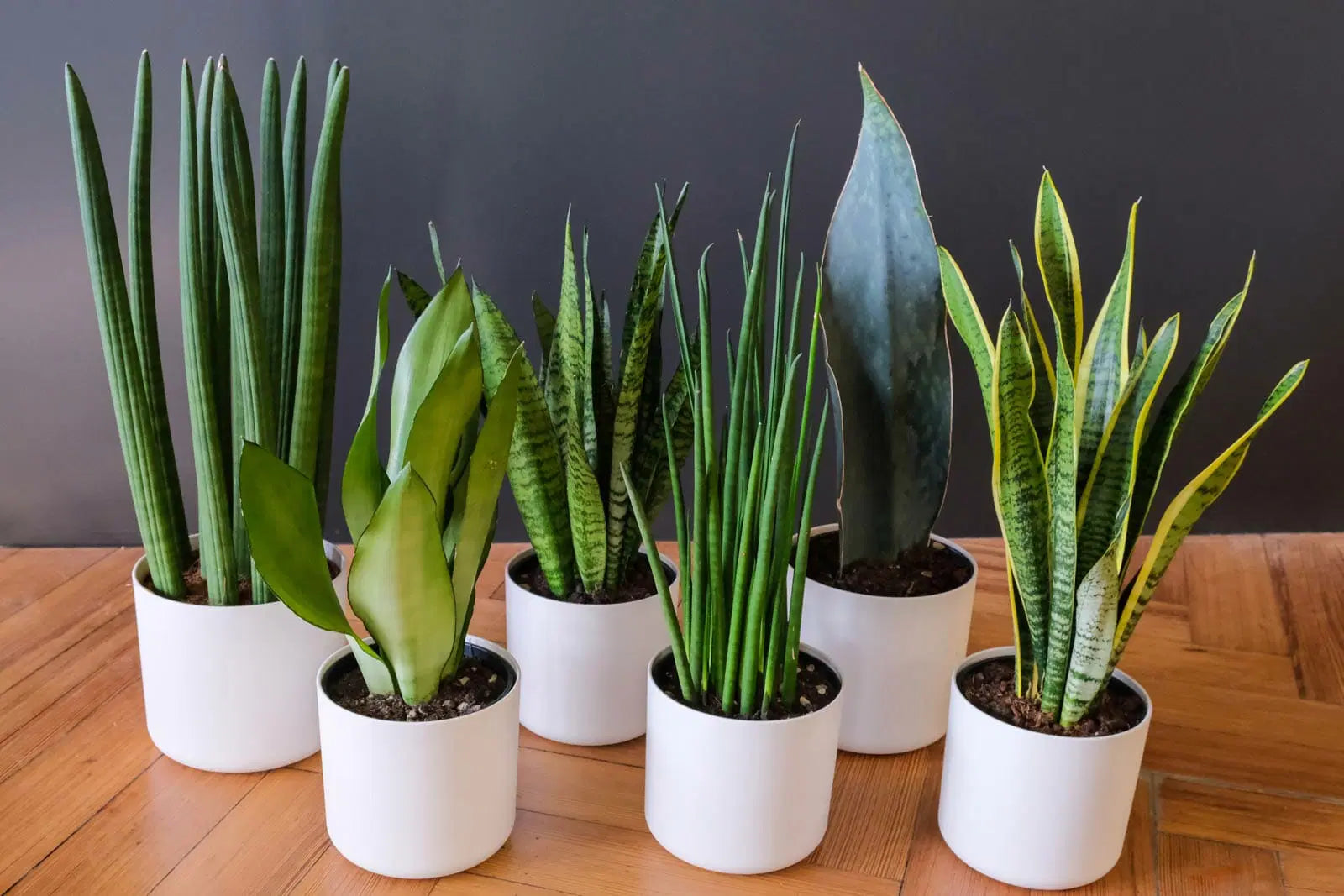
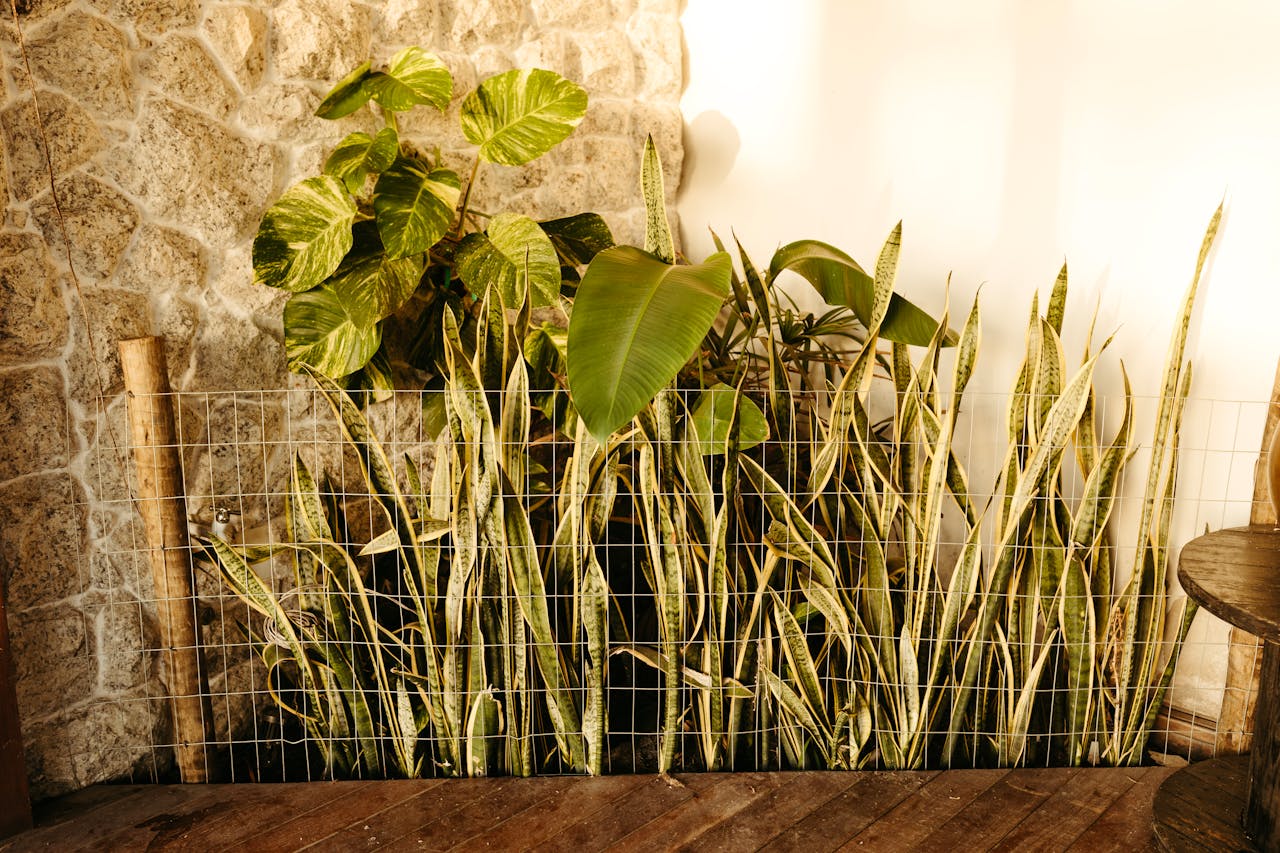
Leave a comment
This site is protected by hCaptcha and the hCaptcha Privacy Policy and Terms of Service apply.